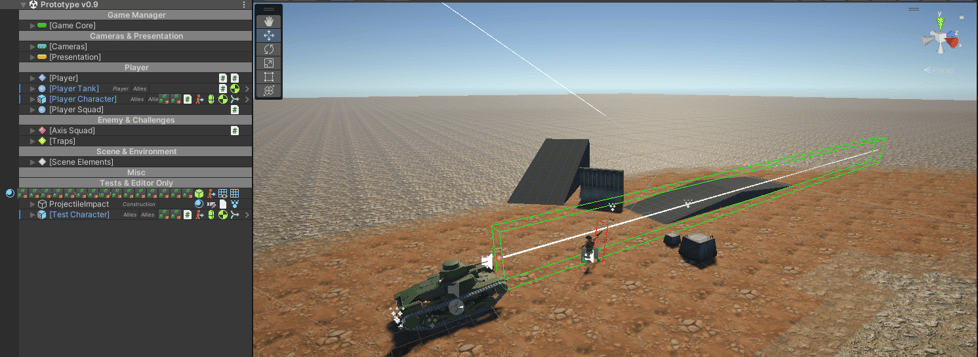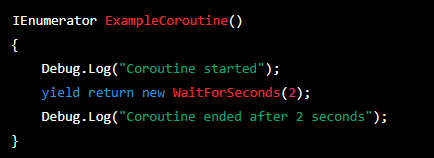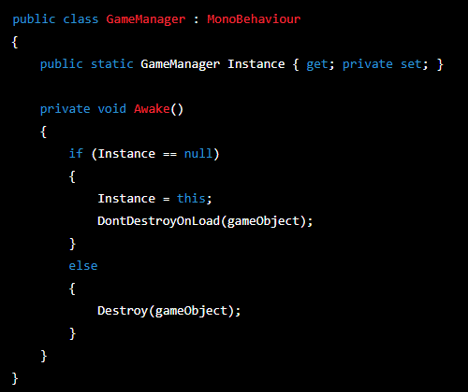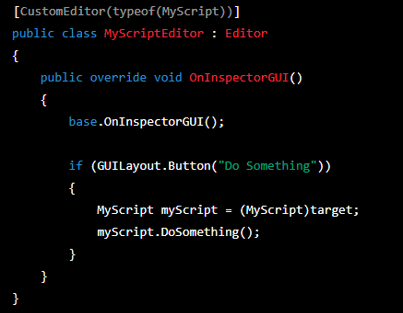Unity Development for Dummies: With Code Examples That Even Your Grandma Could Understand
GAME DEV BASICS
3/6/2023
Unity is one of the most popular game development platforms used by both beginners and professionals. However, for those who are new to game development and programming, it can be a daunting task to navigate through the complex world of Unity.
Don't worry, we've got you covered! In this article, we'll be sharing some simple tips to help you get started with Unity and begin creating your very own games. These tips will help you become more familiar with Unity and get your projects off to a great start




Learn the Unity interface
The first step to becoming a Unity developer is to familiarize yourself with the interface. Spend some time exploring the interface and get comfortable with the layout of the menus, windows, and panels. This will help you work more efficiently and effectively.
Understand the basics of C#
C# is the programming language used in Unity, so it's essential to understand the basics of C# programming. Learn about data types, variables, loops, and functions. Make sure you know how to write basic programs in C# before diving into Unity development.
Use the Unity documentation
Unity has excellent documentation that is full of helpful tips and tutorials. Take advantage of the documentation and use it as a resource when you're stuck. The documentation includes detailed explanations of Unity features, sample code, and step-by-step tutorials.
Start small
When starting your first game in Unity, it's essential to keep things simple. Don't try to create a complex game with advanced features right away. Instead, focus on creating a simple game with a few basic mechanics. This will help you learn the basics of Unity development and build your skills.
Practice debugging
Debugging is an essential skill for any developer. In Unity, you can use the Debug.Log function to display messages in the console window, which can help you identify errors in your code. Practice using the Debug.Log function and le
Make Use of Coroutines
Coroutines are a powerful tool in Unity that allow you to perform tasks over a period of time without stopping other tasks. This is useful for tasks such as animations, delayed actions, and time-based events. Here's an example of how to use coroutines in C#:
Use the Singleton Pattern
The Singleton pattern is a design pattern that ensures that only one instance of a class exists in your game at any given time. This is useful for classes that should not have multiple instances, such as game managers or audio managers. Here's an example of how to implement the Singleton pattern in C#:
Use Custom Editor Scripts
Unity allows you to create custom editor scripts to extend the functionality of the Unity editor. This can save you time and streamline your workflow. Here's an example of how to create a custom editor script that adds a button to your Unity editor:
Optimize Your Code
Optimizing your code is important for improving the performance of your game. Here are some tips for optimizing your Unity code:
Use object pooling to avoid creating and destroying objects frequently.
Use the Unity profiler to identify and fix performance issues.
Avoid using GetComponent() frequently in your code, as it can be expensive.
Learn from the Unity Community
The Unity community is a great resource for beginner developers. Here are some ways to learn from the community:
Attend Unity events and meetups in your area.
Participate in online Unity forums and communities.
Watch Unity tutorials on YouTube or other online platforms.
By implementing these tips and code examples, you'll be well on your way to improving your Unity skills and creating amazing games. Happy coding!






My Indie Games
Subscribe to our newsletter
hello@myindie.games